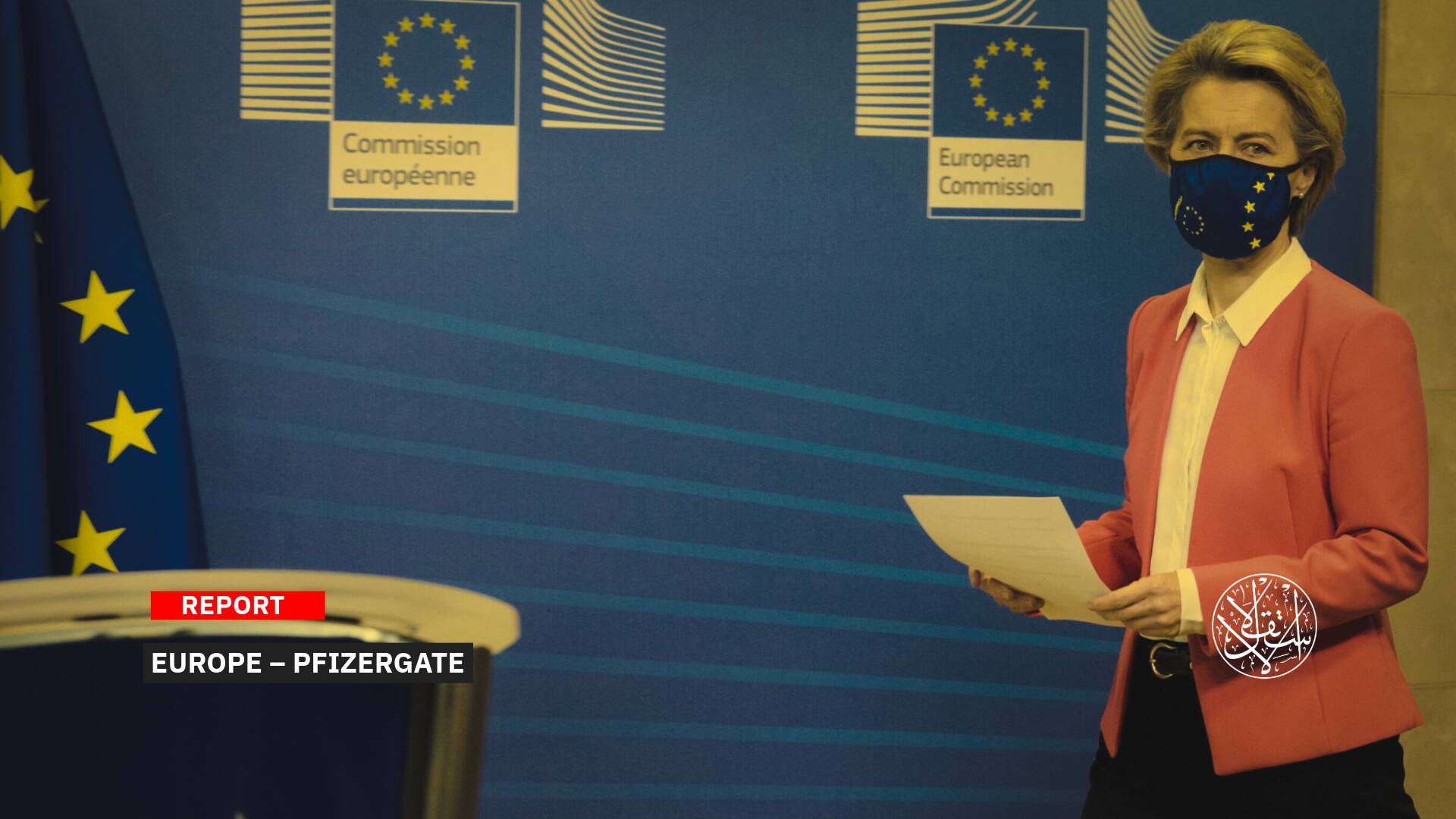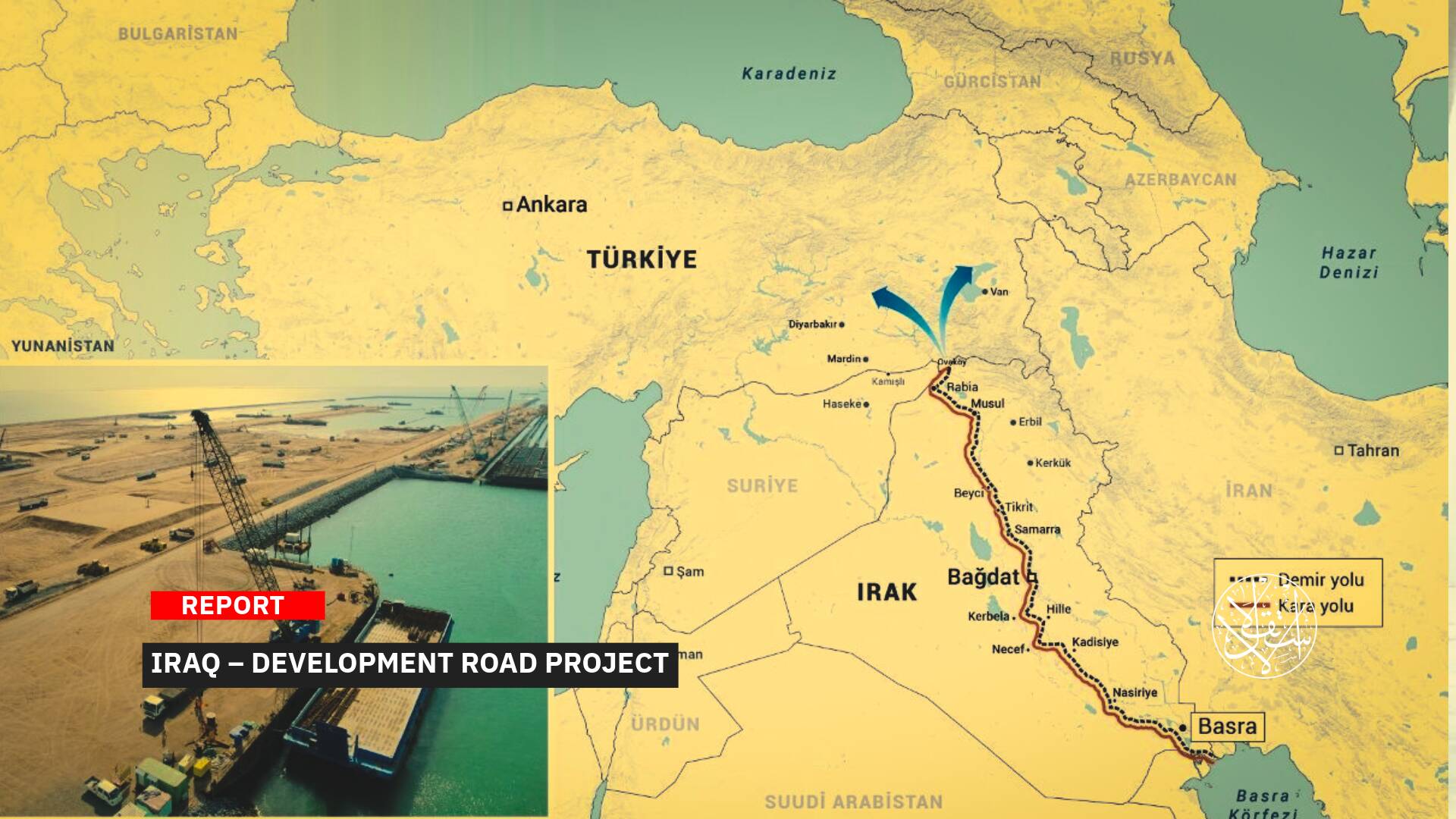Dirty Greenwashing Practices: International Institutions’ Fake Pro-environment Claims

The world has become more eco-friendly in recent years and initiatives to halt the destructive damage of climate change have increasingly grown popular. Fully aware that the eco-conscious people are ready to pay more money for sustainable products, many international institutions and companies use greenwashing practices to show that they care for the environment while they only seek to increase their profit margins.
In an article published by Al-Madayin Post, the writer Abdelali Tahiri emphasized that different industries are prosecuted for greenwashing in many judicial follow-ups in worldwide courts. Many companies, including airlines, were forced to withdraw their advertising, because they were misleading.
In 2021, a report published by the pressure group Changing Markets Foundation revealed the use of synthetic fibers by 46 world leading brands. The report stated that 60% of claims by UK and European fashion companies, including Asos, H&M and Zara, were unsubstantiated and misleading.
The Guardian quoted Cecilia Parker Aranha, the Competition and Markets Authority’s director of consumer protection, saying: “Now is the time for the fashion industry to take a fresh look at what they’re telling customers and make any changes needed to comply with the law. Businesses that can’t back up their claims risk action from the CMA and damage to their reputation in the long-run.”
Misleading Campaigns
Mr. Abdelali Tahiri Idrissi director of the National Program for Ecological Information in Morocco, Media and Environmental Director of the Afro-Arab Forum for Health and the Environment explained to Al-Estiklal that Greenwashing refers to the phenomenon of misleading consumers that a product is environmentally friendly, while it is not. The misleading Marketing could be achieved by making false environmental claims about the method of manufacture, the materials used in its manufacture, or its role in combating climate change.
He added: “The term greenwash began to be used in 1986 and was first used by an American environmental researcher J. Westerfield. Contrary to what many believe, the issue of greenwashing did not start with energy companies, rather it started in hotels in the sixties of the last century when hotels adopted a campaign encouraging customers to reuse towels to save water and help the environment. Yet, the practice only helped hotels reduce the costs of washing towels.”
The Britain's Competition and Markets Authority conducted a review disclosing that 4 in 10 companies promote products and services in a way that could be misleading.
The 2021 Changing Markets Foundation report pointed out that of the 50 brands the foundation reviewed, H&M was the worst offender with 96% false claims. The report said: “H&M’s Conscious Collection not only uses more synthetics than in its main collection, but also one in five items analyzed were found to be made from 100% fossil-fuel derived synthetic materials.”
A study conducted by Terrachoice researchers on products in the United States and Canada indicated that 98% of the 2,219 consumer products covered in the study fell into the greenwash due to untrue claims.
Greenwashing Scandals
Mr. Idrissi explained to Al-Estiklal that there were global scandals related to the greenwashing practices. Namely, the Volkswagen and the Ikea scandals. While the car-producing company programmed cars to give the exhaust a misreading of carbon emissions, Ikea claimed that its furniture is made of wood from forests managed in an environmentally friendly manner, but the truth is that most of it was made of illegally cut wood destructive to the environment.
The Volkswagen scandal was one of the most famous greenwashing examples. The company was accused in 2015 of deliberately concealing the true amount of harmful emissions of its cars, by providing car devices with special software that can determining whether the car undergoes environmental tests, and then activating certain systems that limit the real performance of the engines, which is reflected in the amount of emissions that are being monitored. Thus showing the car as more appropriate to environmental safety standards.
From another side, British Petroleum has faced lawsuits from legal entities accusing its propaganda campaign of misleading the public about the giant's commitment to a low-carbon future. While it pretends to be environment friendly, the activists sued the company because its products increase global warming and are a burden to the climate crisis.
Italy's Eni has not escaped similar accusations. In January 2020, the company was fined 5 million euros, the maximum possible penalty for such cases, as the company claimed that its diesel fuel Diesel+ is somehow "green". The fuel was promoted as having a positive impact on the environment and helps reduce fuel consumption. It is seen as misleading for consumers, regulators and politicians, and it was the first time for an accusation of green to be raised in Italy.
State Greenwashing
March 2021, the Saudi Arabia announced its plan aiming to plant 50 billion trees in order to achieve net-zero greenhouse gas emissions by 2060.
Reuters reported that Crown Prince Mohammed bin Salman said the Saudi would work with regional partners to help contribute to reducing the carbon emissions by more than 60% in the region.
However, climate change activists considered that there was very little detail given about how the world’s largest reforestation program would work in a country with limited water resources.
“Greenwashing Joke of the Day, courtesy of number 2 top oil-producing country, which apparently wants to plant 10 billion trees even though it doesn’t have a single river,” tweeted Assaad Razzouk, chief executive of Gurīn Energy.
Before mid-2020, the Saudi Aramco giant fuel company was forced to withdraw its advertising related to contributing to environmental sustainability, after dozens of complaints submitted by some to the English Advertising Standards Authority.
As those concerned with environmental standards consider that, the mere association of the term “sustainability” with fossil fuels and their production is misleading and fraudulent.
The environmentalist Idrissi told Al-Estiklal: “The green washing practices are not used only by companies. However, the decision makers, governments, as well as politicians also adopt these dirty practices. They pretend to support environmental and sustainability issues and establish Environmental-friendly summits and forums, while fighting fiercely to preserve the interests of the continuity of their major climate-damaging entities.”
He added: “It is not surprising for the companies to seek their interest regardless of the human cost. However, it is our duty as environmentalists and civil society to double effort to raise awareness about the issue and to expose their manipulation.”
Sources
- Dirty greenwashing: watchdog targets fashion brands over misleading claims
- Explainer: Greenwashing: deception and vague promises that do not help the environment
- Saudi Arabia sees fields of green with major tree-planting drive
- Greenwashing: 9 recent stand-out examples
- 11 brands called out for greenwashing in 2021













